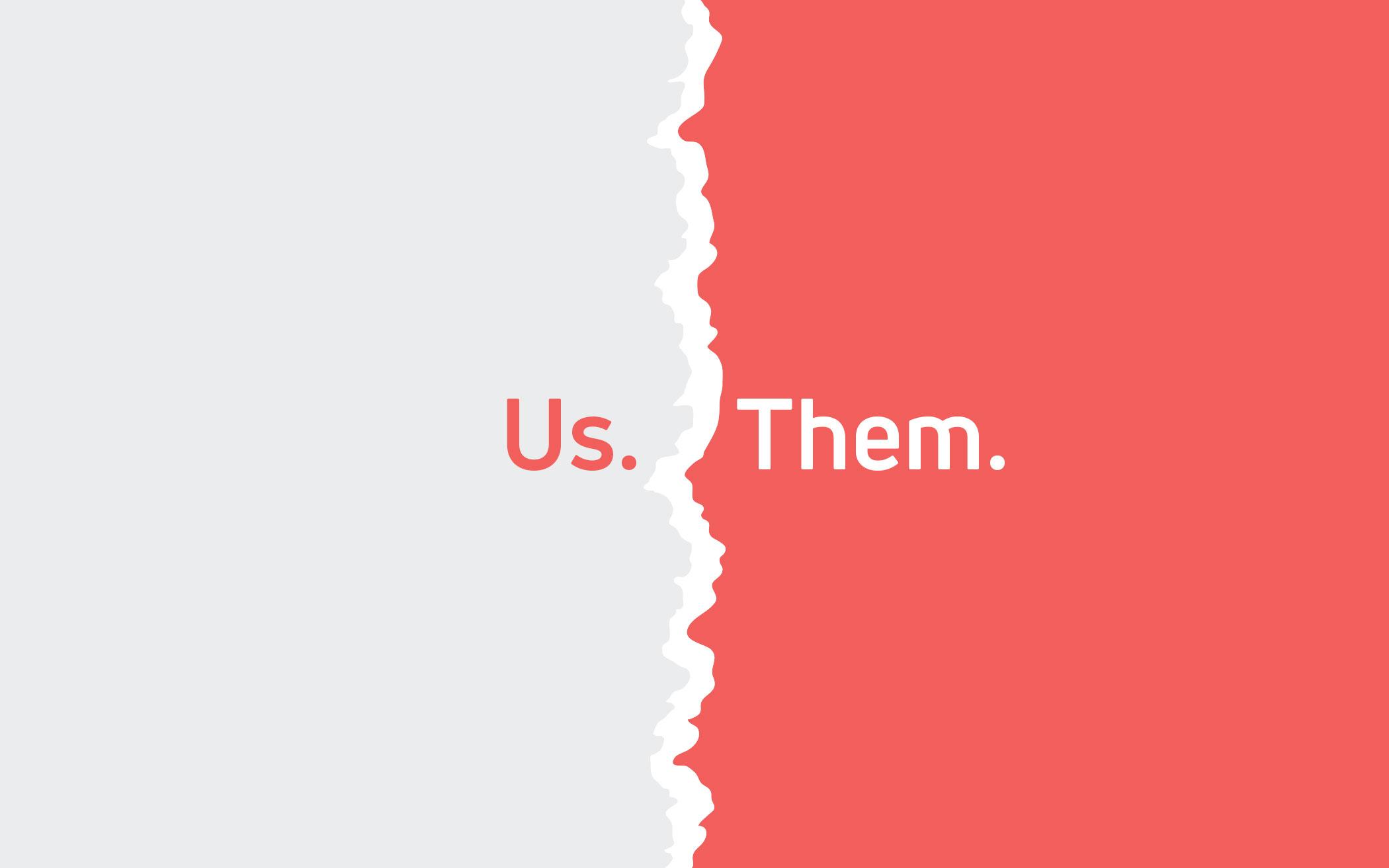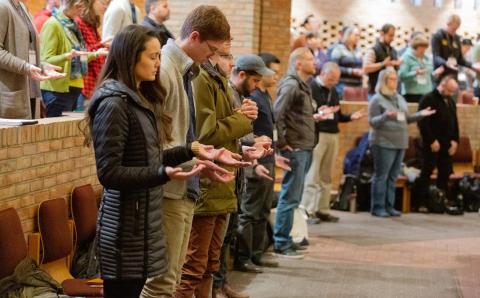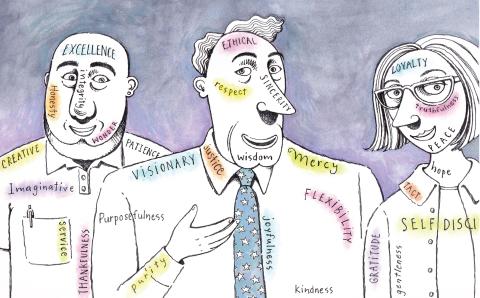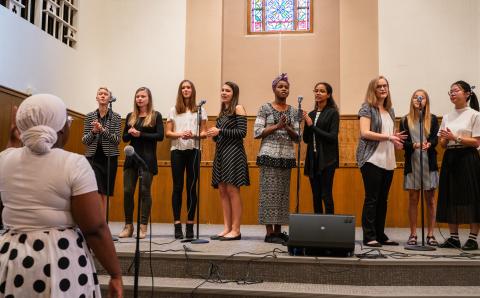Are we identifying ourselves more by our politics than by our faith?
A 2018 LifeWay Research survey showed that over half (57%) of Protestant churchgoers under 50 prefer to attend a church where people share their political views, and 57% of evangelicals are in politically like-minded churches. Scott McConnell, the executive director of LifeWay Research, concludes that, “like many places in America, churches are divided by politics.”
At the same time, according to Pew Research, while cross-religious marriages in the United States are increasing, cross-political marriages are very rare. In other words, political differences are greater relationship barriers than religious differences.
This growing political polarization in the United States and Canada is not simply an ideological difference. Surveys show that people from different political tribes actually dislike and distrust each other.
North American Christians are in danger of political tribalism. Political tribalism is where loyalty to the political tribe is more important than loyalty to anything else. It means that tribe members will go to any lengths to defend their tribe’s leader—be it Trump or Obama—from any criticisms or wrongdoings, regardless of facts. Tribalism means the tribe never concedes an inch to other tribes. It is an “us versus them” mentality, where “them” are seen as morally suspect and morally dangerous while “us” are saints by comparison.
Political tribalism is about identities and thus is rooted deeply in emotions. This is why political arguments these days often degenerate into outrage and animosity: people feel as if their identities are under attack when their politics are attacked.
As a Canadian citizen, I am not invested in any side of U.S. politics. I am not a member of any political party and have voted on a case-by-case basis. It’s a sad testament to our times that I even thought it necessary to clarify that for the sake of my credibility.
As a pastor, I need to ask Christians to step back from political tribalism. Our identity is not rooted in our politics. Our identity is rooted in Christ. Our ultimate loyalty is to our Lord Jesus Christ. Our struggle is not against “flesh and blood” but against the spiritual forces of evil that cut across every human heart and every tribe (Eph. 6:12).
Tribalism is characterized by dissension and factions—part of the “acts of the flesh” that the apostle Paul warns against, saying that “those who live like this will not inherit the kingdom of God” (Gal. 5:19-21). Tribalism is an enemy of our faith.
Aligning the church with a political party always compromises its mission and witness. I agree with James Davison Hunter’s assessment in his book To Change the World that both so-called progressive and conservative American Christians have aligned themselves too closely to the Democratic and Republican parties, respectively. Both are being used by the political parties to further their own agendas.
As David Koyzis points out in his article (p. 32), every current political vision— liberalism, conservatism, socialism—is rooted in idolatry. We cannot align our faith with any one political party even though we may lean toward certain political visions. If following Jesus never brings you into conflict with your political tribe, then you might have inadvertently made Jesus subservient to your politics.
As a first step toward detoxifying ourselves from political tribalism, can we love our political enemies and pray for them (Matt. 5:43-48)? Can we regularly, at least weekly, pray for the well-being of the other? And can we then see politically different Christians not as “them” but as “us,” as fellow Christ-followers and citizens of God’s kingdom? And then can we find even more steps to take together?
About the Author
Shiao Chong is the former editor-in-chief of The Banner. He served as editor from 2016 to 2025. He attends Fellowship Christian Reformed Church in Toronto, Ont.
Shiao Chong es el redactor jefe de The Banner. El asiste a Iglesia Comunidad Cristiana Reformada en Toronto, Ont.
시아오 총은 더 배너 (The Banner)의 편집장이다. 온타리오 주 토론토의 펠로우쉽 CRC에 출석한다.
You can follow him @shiaochong (Twitter) and @3dchristianity (Facebook).







